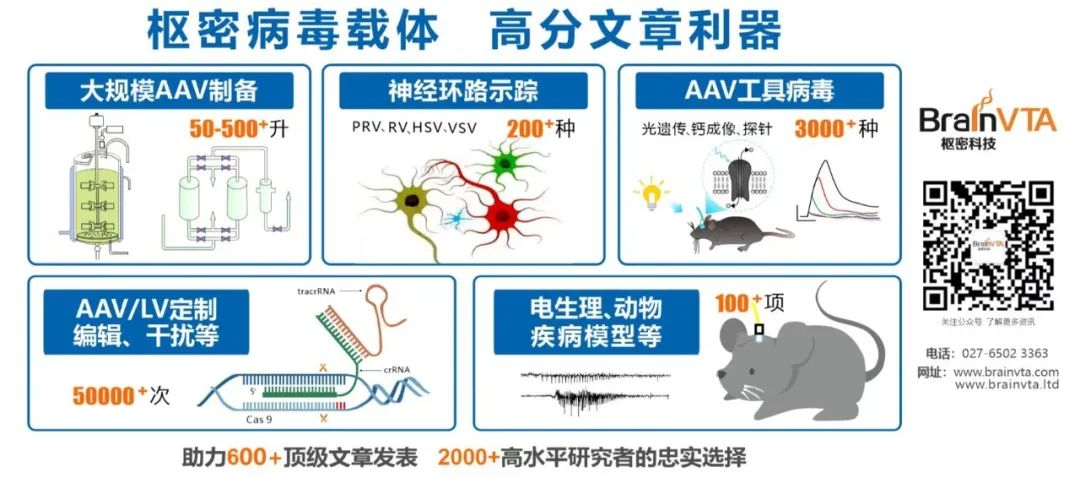经典多巴胺学习理论受到挑战,奖励预测误差(RPE)是否应该被淘汰?
时间:2022-12-13 21:00:53 热度:37.1℃ 作者:网络
 中文摘要
中文摘要
学会根据环境线索预测奖励对生存至关重要。人们认为,动物在结果偏离预期时通过更新预测来学习预测奖赏,而这种奖励预测误差(RPE)是由学习的关键操控者—中脑-边缘多巴胺系统发出的信号来表征的。然而,动物可以通过学习奖励的既往因果关系来推断预测,而不是从RPE中学习前瞻性预测。因此,中脑-边缘多巴胺是否会传递一种有时类似于RPE的因果关联信号仍然未知。科学家开发了一种用于回顾性因果学习的算法,并发现中脑-边缘多巴胺的释放传达了因果关联,而不是RPE,从而挑战了奖励学习的主导理论。他们的结果重塑了联想学习的概念和生物学框架。
英文摘要
Learning to predict rewards based on environmental cues is essential for survival. It is believed that animals learn to predict rewards by updating predictions whenever the outcome deviates from expectations, and that such reward prediction errors (RPEs) are signaled by the mesolimbic dopamine system-a key controller of learning. However, instead of learning prospective predictions from RPEs, animals can infer predictions by learning the retrospective cause of rewards. Hence, whether mesolimbic dopamine instead conveys a causal associative signal that sometimes resembles RPE remains unknown. We developed an algorithm for retrospective causal learning and found that mesolimbic dopamine release conveys causal associations but not RPE, thereby challenging the dominant theory of reward learning. Our results reshape the conceptual and biological framework for associative learning.


